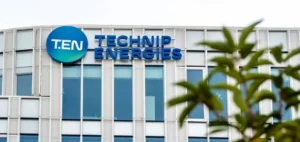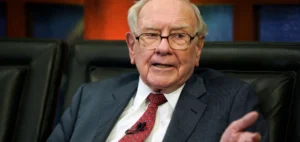British engine maker Rolls-Royce, which had made an annual loss in 2022, said Thursday that its financial performance is “improving” thanks in part to its transformation program, but suffered from persistent supply chain difficulties in the first quarter.
The group notes in a statement that its year-to-date performance is in line with expectations, reiterating its forecast of an underlying operating profit (excluding certain currency effects) for the year of 800 million to 1 billion pounds (920 million to 1.15 billion euros). “We are transforming Rolls-Royce into a high-quality, competitive company” and the group is “already benefiting from the steps we are taking and from the recovery and growth of our markets,” its new chief executive, Tufan Erginbilgic, argued in a statement.
However, “supply chain management remains a key operational challenge” as volumes increase, particularly in civil aviation, Rolls-Royce warns. The group’s share price lost 4.83% to 148.75 pence on Thursday, shortly after 10:00 GMT, on the London Stock Exchange, but it remains up almost 60% since the beginning of the year. Rolls-Royce had returned to profit in 2021 after a large loss the previous year. Then the group fell heavily into the red again in 2022, despite a significant increase in revenues, which were weighed down by a massive accounting charge related to foreign exchange contracts.
“Confidence is there (…). But there is still a lot of work to be done to shore up the balance sheet and get dividends back on the table for investors,” according to Aarin Chiekrie, an analyst at Hargreaves Lansdown. “While there may be some disappointment that Rolls-Royce” didn’t improve its annual guidance, its announcements Thursday “suggest the company is ahead of schedule” in getting back on track, CMC Markets’ Michael Hewson added.
The group says it won a record order during the period with 68 engines (plus 20 options) for Air India – the airline placed the largest order in the history of global commercial aviation (470 aircraft) with Airbus and Boeing in February.
In its defense branch, Rolls-Royce is also benefiting from the launch in March of a submarine program by the United States, Australia and the United Kingdom, for which it will supply nuclear reactors. Erginbilgic, who took the reins of Rolls-Royce in early 2023, detailed an ambitious transformation plan earlier this year, including a strategic review to prioritize investments “toward the most profitable opportunities,” with medium-term financial targets to be set in the second half of 2023.
At the same time, Rolls-Royce is developing new business segments, such as its program to develop small nuclear power plants in the UK. The group, which holds its general meeting on Thursday, has also announced several changes in its management team in recent months, including several hires from oil and gas giant BP, where Mr. Erginbilgic comes from.





















